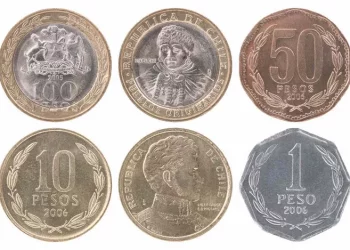During the early hours of Friday in Europe, the USD/JPY pair remained stable, hovering around the 151.40 mark. This came against the backdrop of significant economic data from Tokyo, where the Consumer Price Index (YoY) for March showed a modest increase of 2.6%, following a 2.5% rise in February. Meanwhile, the Core Tokyo CPI, an indicator often scrutinized for its inflationary insights, climbed 2.9% year-over-year, slightly lower than the 3.1% uptick recorded in February.
Japanese Finance Minister Shunichi Suzuki delivered remarks on Friday, highlighting the importance of currency stability in alignment with economic fundamentals. Expressing concern over rapid fluctuations in foreign exchange (FX) markets, Suzuki attributed such movements to speculative activities. He assured that authorities are vigilantly monitoring FX developments and stand prepared to implement necessary measures to address any disorderly movements.
Prime Minister Fumio Kishida echoed similar sentiments on Thursday, advocating for the maintenance of accommodative monetary policies by the central bank. Kishida emphasized the government’s commitment to collaborating with the Bank of Japan (BoJ) to foster wage growth and steer the economy away from deflationary pressures. Notably, the cautious stance of the BoJ on monetary policy could have posed challenges for the Japanese Yen (JPY), consequently supporting the USD/JPY pair.
Meanwhile, the US Dollar Index (DXY) showed resilience, nearing 104.60, buoyed by encouraging economic indicators from the United States. Recent data pointed towards an annualized expansion in the US economy, primarily driven by robust consumer spending. Notably, the fourth quarter of 2023 witnessed the US Gross Domestic Product (GDP) Annualized expanding by 3.4%, surpassing market expectations. Moreover, the US Gross Domestic Product Price Index remained steady, with a 1.7% increase, aligning with forecasts for Q4.
Adding to the strength of the US dollar were hawkish remarks from a Federal Reserve (Fed) official. Fed Governor Christopher Waller’s statements on Wednesday hinted at a potential delay in interest rate cuts, citing the robust inflation figures as a factor influencing the central bank’s monetary policy decisions.




























